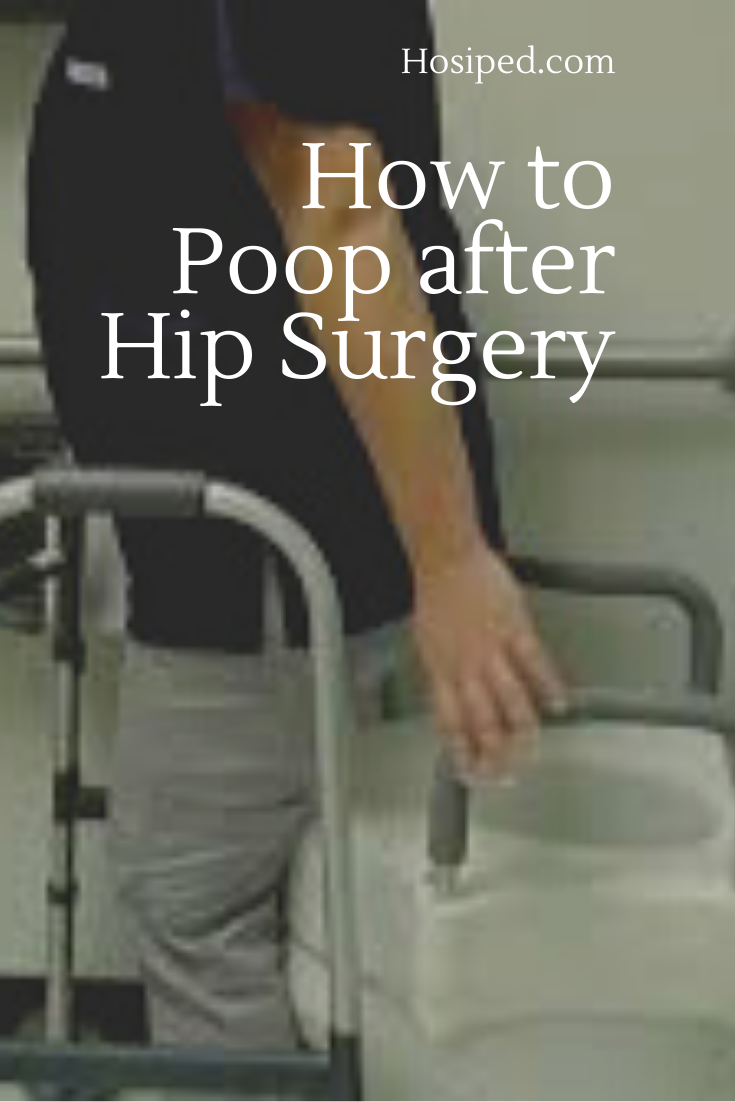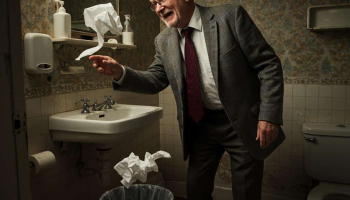
After any form of surgery be it hip or back surgery, most people find that they have trouble emptying their bowels. No, I should rephrase that; according to Webmd all people who have had surgery find that they have trouble pooping. But why?
The anesthesia and pain meds that are given to you before and after surgery cause constipation. And that is really trouble there for people who have just had a hip replacement surgery. Constipation if it goes for long could lead to hemorrhoids which could aggravate things necessitating that you start using creams and sitz baths to soothe yourself.
For one, they will spend so much time in the toilet. Two, it will be painful and three, little stool will come after so much straining and pushing.
Signs of constipation after hip surgery
- To know whether you are suffering from bloat, look out for the following characteristics
- Less number of bowel emptying per week as compared to what you had before the replacement
- Tiny pieces of stool that cause pain and straining as you try to pass it
- Feelings of discomfort in your stomach
- Going to the toilet and all that comes out is you passing wind
- Stomach cramps.
So how can things get better? Well, we can give you advice on that.
Steps to avoid constipation after hip surgery
- Take lots of drinks—when your stomach is bloated, it means that you have low intake of fluids. You therefore need to take lots of water or fruit smoothies. Once you have enough fluids in your body, the stool becomes softer and is able to pass through your body easily.
- Exercise—Although you will be asked to relax and not to engage in strenuous activities the first few days, we advise that you engage your body in light exercises so that your body metabolism goes up and therefore you will be able to pass stool.
- Take foods rich in fiber—you will need to take foods that are high in fiber for example kales, whole grains and fruits.
- Avoid caffeinated drinks and alcohol- You will need to stop taking drinks such as coffee, lots of tea and alcohol as they have been found to deteriorate your constipation.
So how do you poop after hip surgery?
- Use toilet seat raiser
One major pain about hip replacement and toileting hygiene is that you are to make sure that you do not dislocate your hip. So how do you do this? Our physiotherapist Kelvin warns that your hip and knee should be on at least 90 degrees with each other. More is okay while less would cause pain and dislocation. You can use a toilet seat riser to ensure that your hip is higher than your knees.
- Do not cross your legs while at the toilet
Crossing your legs whether you are seated on the toilet seat, on the couch or walking could cause dislocation of the hip. It should therefore be avoided.
3. Sit slowly and gently rise from the toilet seat after passing stool.
4. Do not bend to pick up things as it could cause hip dislocation. I advise people to place toilet paper a little above the toilet seat so that you do not strain bending to pick it from the ground.
5. Use wiping aids: Since you might not be able to reach your butt after a hip surgery, you could use a toilet aid for obese such as a bottom buddy. A bidet toilet seat for disabled would also be a great option.








